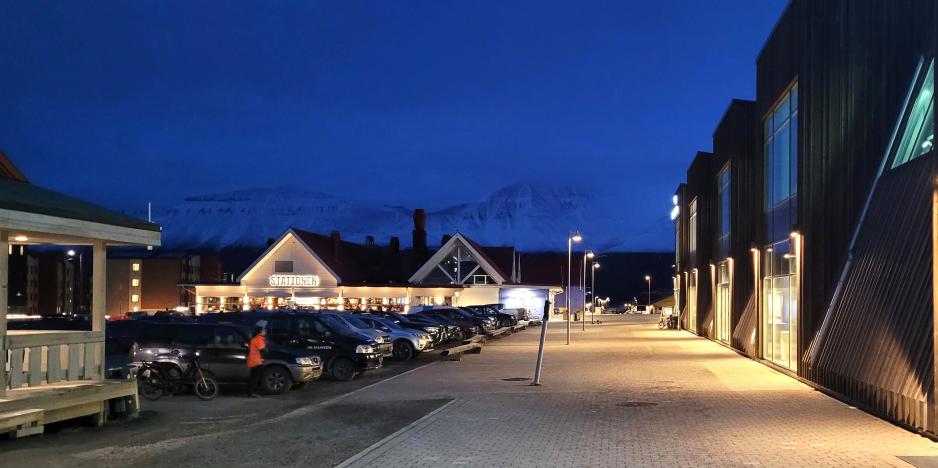Newsletter: Fluid Borders

Fall is slowly transitioning to winter in the Arctic, but the cold which accompanies this wonderful season is different this time. (Photo: Arne O. Holm).
Dear reader; the French energy titan TotalEnergies operates with fluid borders when they import Russian gas which it sends on throughout Europe. A choice that could have legal consequences. At the same time, Russia’s aggressiveness increasingly requires new Arctic strategies and cooperations in the West.
High North News presents an interesting development of Russian liquified gas making its way into Europe.
Whereas imports of natural gas via pipeline have decreased substantially, the flow of Russian LNG into Europe continues unabated, with large volumes shipped by French major TotalEnergies. And it does not stop there.
Minutes after the article was published, the AFP news agency announced that the French energy titan can now face legal action for “complicity in war crimes”.
HNN will follow up on the case.
The gust from Moscow
“We who live in the North are used to dressing for cold and ice, but how do we protect ourselves from despots with blood on their hands?” asks Holm in this week’s commentary.
Fall brings about more than cold temperatures. It is also the time of the year when Arctic leaders meet up in Reykjavik on Iceland to discuss, make agreements, and be updated on what is happening in the various corners of the Arctic.
The constant crises the world finds itself in are natural topics for discussion in Reykjavik.
The US’ new Arctic strategy was discussed and it was praised by Iceland’s Prime Minister Katrin Jakobsdottir, among others.
Saturday HNN also broke the news of Chinas stand on The Arctic Council without Russia.
Sanctions and cooperation
We can also report that the president of Turkey has signed a bill on the country's accession to the Svalbard Treaty. The bill will be processed in the parliament’s general assembly in the coming days.
Read about this and more at High North News.
There you have it – the week in the North. As the rector at Akureyri University said the other day; The cold is the new hot. Feel free to share the newsletter with other interested parties.
Wishing you a good weekend on behalf of the editorial team,
Sincerely, News Editor Trine Jonassen

